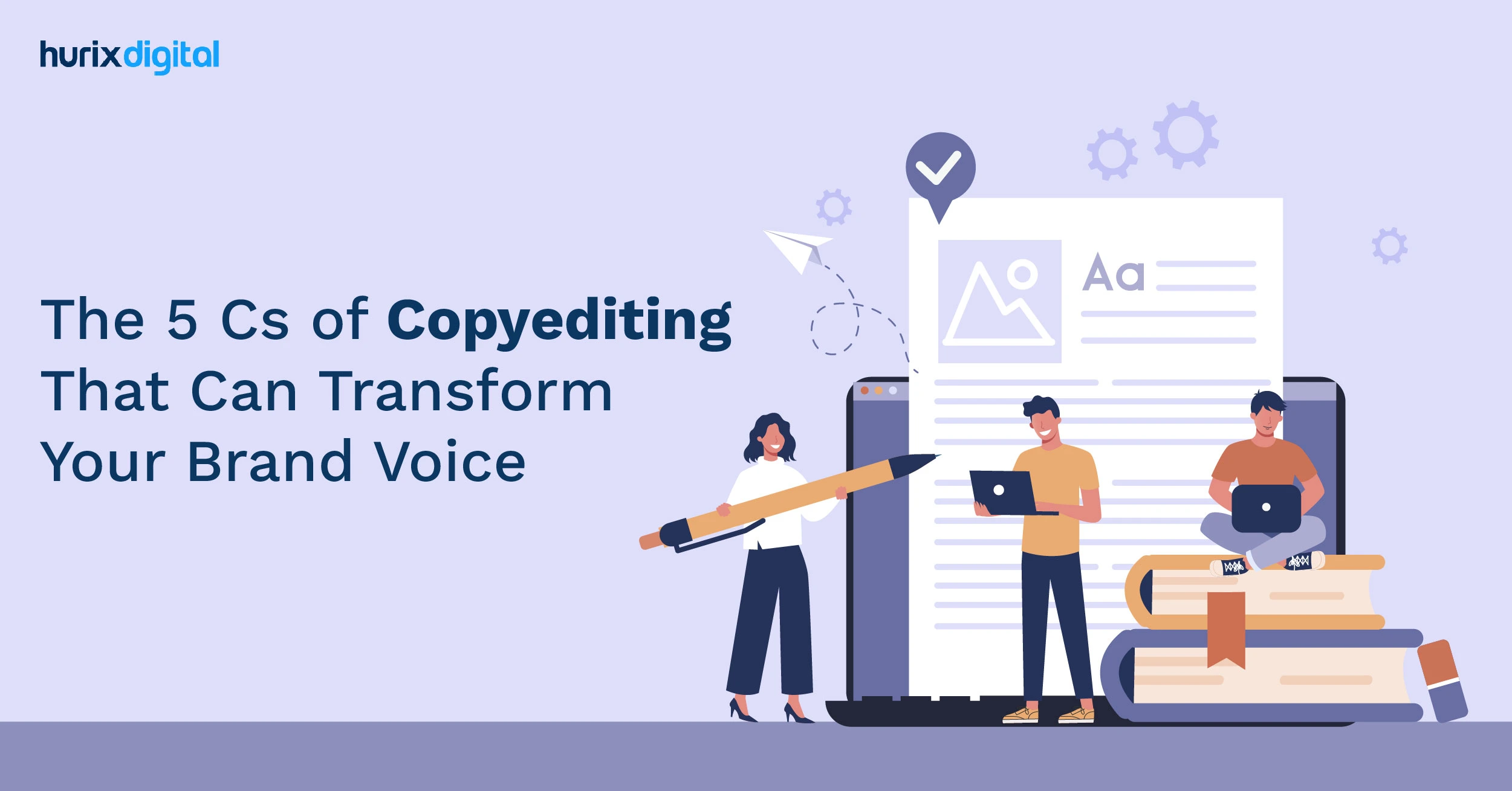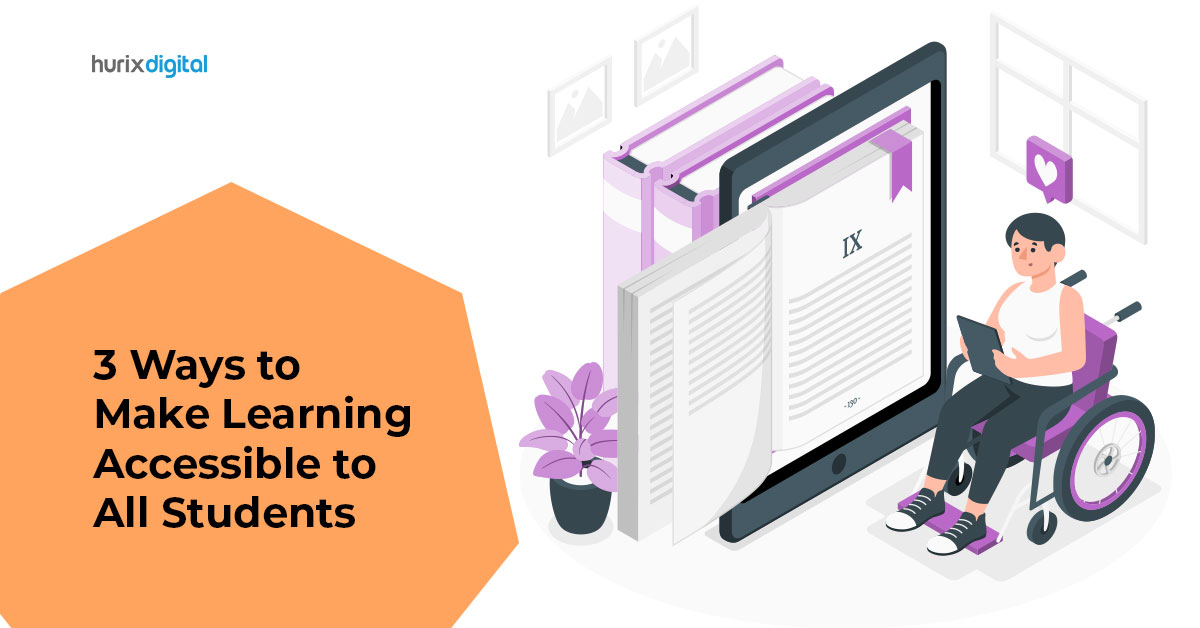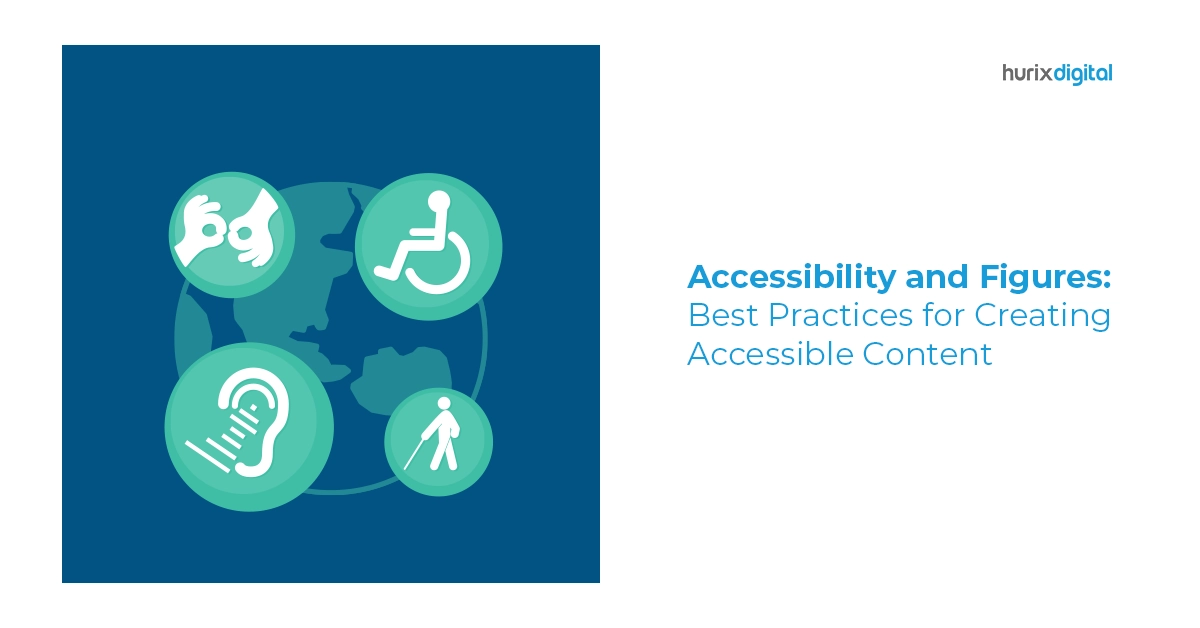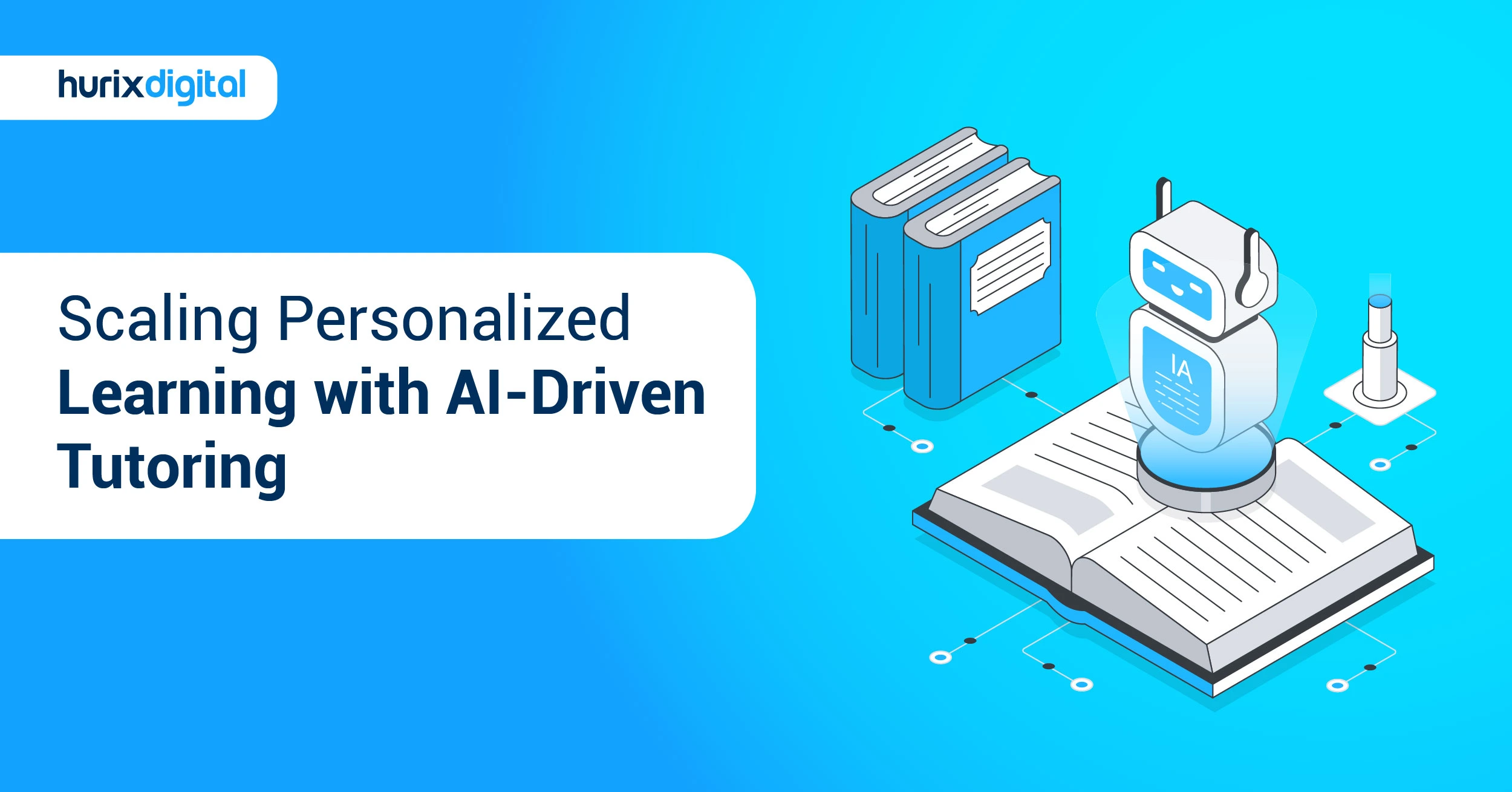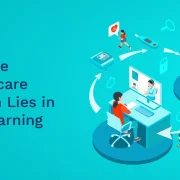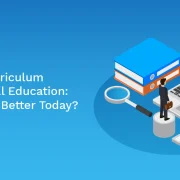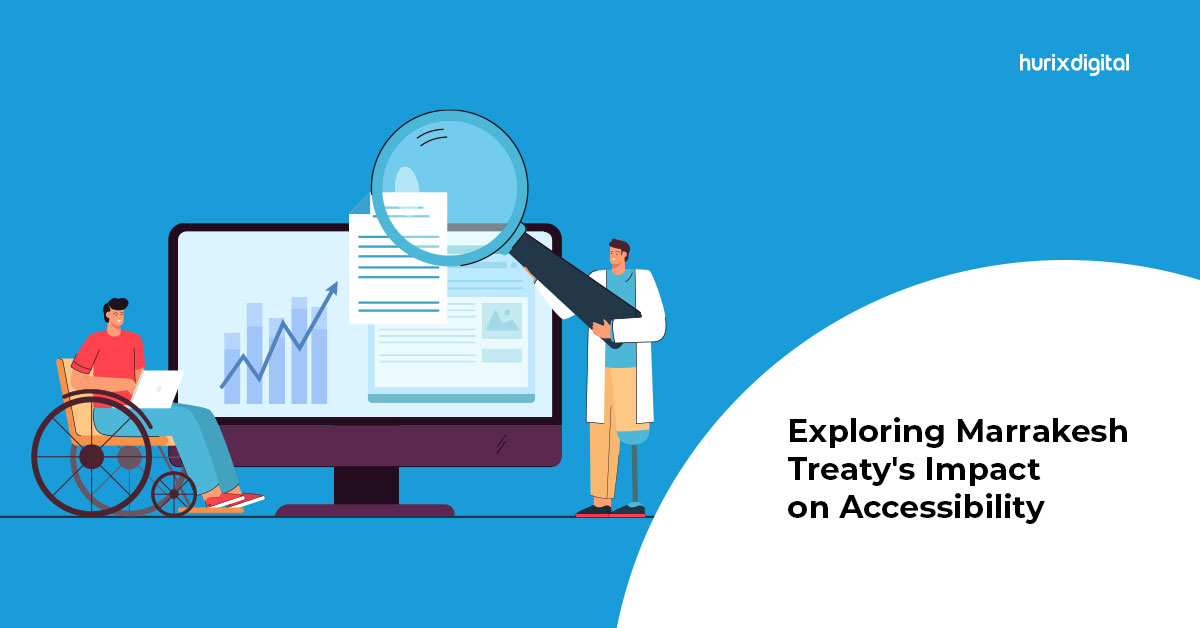
Exploring Marrakesh Treaty’s Impact on Accessibility
Table of Contents:
- Introduction
- Understanding the Marrakesh Treaty
- Key Provisions and Objectives
- What are the Impact and Benefits of Marrakesh Treaty
- Implementing the Marrakesh Treaty
- Conclusion
Introduction
Imagine a world where access to books is not limited by visual impairments. Thanks to the Marrakesh Treaty, also known as the Marrakesh Agreement, supported by the World Intellectual Property Organization (WIPO), this vision is becoming a reality. The Marrakesh Treaty is an international treaty that aims to improve access to copyrighted works in accessible formats for visually impaired individuals. In this article, we will delve into the details of the Marrakesh Treaty, its significance, and its impact on enhancing access to books for the visually impaired, including its relevance to the UPSC and WIPO.
Understanding the Marrakesh Treaty
The Marrakesh Treaty, adopted on June 27, 2013, in Marrakesh, Morocco, and entered into force on September 30, 2016, addresses the “book famine” experienced by visually impaired individuals worldwide. These individuals face significant barriers in accessing published works due to copyright restrictions. The treaty provides exceptions and limitations to copyright laws, allowing the creation, distribution, and cross-border sharing of accessible format copies of books without seeking prior permission from copyright holders. This agreement is of particular relevance to the UPSC, as it supports inclusivity and accessibility in the field of education.
Also Read: Accessibility Laws around the world: A Comprehensive Overview
Key Provisions and Objectives
The Marrakesh Treaty sets forth several important provisions to facilitate access to books for visually impaired individuals. These provisions include defining “beneficiary persons” as individuals who are blind, visually impaired, or have a perceptual or reading disability. Authorized entities, such as libraries, educational institutions, and organizations serving the visually impaired, are permitted to produce accessible format copies of books and share them with beneficiary persons across borders. This cross-border exchange promotes international cooperation, enabling the exchange of knowledge and resources among authorized entities.
What are the Impact and Benefits of Marrakesh Treaty?
The Marrakesh Treaty has far-reaching benefits for visually impaired individuals worldwide. It increases access to books by promoting the production and distribution of accessible format copies, including braille, large print, and audiobooks. It enhances educational opportunities, fosters cultural inclusion, and empowers visually impaired individuals to pursue their aspirations. The treaty also removes legal barriers that previously hindered the creation and distribution of accessible format copies, ensuring that copyright laws do not impede access to information for visually impaired individuals. This progress aligns with the goals and initiatives of organizations like the UPSC and WIPO in promoting inclusivity and accessibility.
Implementing the Marrakesh Treaty
To implement the Marrakesh Treaty, countries have to make necessary legislative changes in their national copyright laws. It includes enacting exceptions and limitations to copyright restrictions, allowing for the production and sharing of accessible format copies. Many countries, including those involved with the UPSC, have ratified the treaty and are actively working towards its implementation, while others are in the process of doing so. The Marrakesh Agreement represents a significant international development in intellectual property law, driven by WIPO’s efforts, and demonstrates the global commitment to promoting accessibility and inclusivity in education and beyond.
Also Read: Understanding VPAT: The Key to Ensuring Accessibility Compliance
Conclusion
The Marrakesh treaty, supported by WIPO and relevant to the UPSC, stands as a landmark agreement, paving the way for increased access to books for visually impaired individuals worldwide. By promoting the production and sharing of accessible format copies, the treaty breaks down barriers and empowers visually impaired individuals to fully participate in society.
As countries continue to adopt and implement the Marrakesh Treaty, the world moves closer to an inclusive future where knowledge and literature are accessible to all, regardless of visual abilities. The progress made through this treaty reflects the shared commitment of organizations like the WIPO UPSC to promote inclusivity, accessibility, and equal opportunities for all individuals.
Hurix Digital can help you with this need for your organization. Get in touch with Hurix Digital and strive to make a more inclusive digital world now!

Vice President – Content Transformation at HurixDigital, based in Chennai. With nearly 20 years in digital content, he leads large-scale transformation and accessibility initiatives. A frequent presenter (e.g., London Book Fair 2025), Gokulnath drives AI-powered publishing solutions and inclusive content strategies for global clients

